I predict that by the time you read this, the press-fabricated entertainment known as “Signalgate” will be but a memory – a fond memory for those addicted to round-the-clock media frenzy, department of anti-Trump shenanigans. For the more responsible members of the populace, it will seem like an overheard squabble among angry children in some forlorn government-funded schoolyard.
What, after all, was “Signalgate?”
From one perspective, it was like a piranha-infested pool into which chunks of meat or perhaps a hapless Bond villain had been tossed. The resulting frothy tumult made it impossible to see what was happening. You only knew that the fish were frantic and the half-eaten protein shredded.
Such things happen from time to time in America. It’s what the media calls “news.” But it’s not news in that good-old “just-the-facts-ma’am” sort of way. No, it is “news” fed and aggravated by rumor – “a pipe,” as Shakespeare told us, that is
Blown by surmises, jealousies, conjectures
And of so easy and so plain a stop
That the blunt monster with uncounted heads,
The still-discordant wavering multitude,
Can play upon it.
As of writing, many of the details of the biggest security leak in recorded history are awaiting examination, confirmation, rectification, lucubration, ventilation, and confirmation, not to mention monetization.
Some top dogs of Trump’s national security team, including Vice President J.D. Vance, Secretary of Defense Pete Hegseth, Secretary of State Marco Rubio, National Security Advisor Mike Waltz, Director of National Intelligence Tulsi Gabbard and CIA director John Ratcliffe participated in a group chat over the encrypted messaging app Signal. Somehow, the ostentatiously anti-Trump writer Jeffrey Goldberg was added to the list of participants. As editor-in-chief of the anti-Trump organ the Atlantic, Goldberg’s saliva glands must have gotten a work out as he waited to chew on what lieutenants of his bête noir would have to say to one another.
The subject was the upcoming attack on the Houthis, the Iran-funded terror group that is infesting Yemen and shooting on US and other western ships in the Red Sea. The attack went off without a hitch on March 15. Goldberg took a few days to rub his hands with glee. Then, on March 24, he published a scathing, holier-than-thou article about the groupchat, the shocking, shocking security breach of inviting him, Jeffrey Goldberg, to participate, and the irredeemable awfulness and incompetence of Trump’s unspeakable team.
The piranhas of the media and the Democratic party went nuts. The Guardian shouted about “the disastrous leak of sensitive information.” The Times lamented the “potentially catastrophic security breach.” Hillary Clinton – yes, really – excoriated the Trump administration for “put[ting] our troops in jeopardy by sharing military plans on a commercial messaging app and unwittingly invited a journalist into the chat. That’s dangerous. And it’s just dumb.” Ambassador Chris Stevens, Tyrone S. Woods and Glen A. Doherty were unavailable for comment.
What should we think of this event, promptly denominated “Signalgate” by a press looking for another Watergate to take down a hated president? Donald Trump first dismissed the episode as a “glitch” and later, as the piranhas got going, a “witch hunt.”
Both descriptors are apposite. What happened was a glitch because someone – probably National Security Advisor Mike Waltz – inadvertently invited a hostile journalist to join in a privileged electronic meeting. It turned into a witch hunt when anti-Trump journalists and politicians endeavored to capitalize on the error. Some demanded that Pete Hegseth resign or be fired, others wanted everyone cashiered. Could this, just possibly, be the beginning of the end, the start, finally, of the “bombshell, walls-closing-in” scenario Democrats and NeverTrump Republicans have been praying for all these years?
No. For one thing, despite all the talk of a horrific security breach in which “war plans” were revealed, nothing happened. The Houthis well knew the US was planning an attack. The attack came, killed a bunch of bad guys and destroyed important bits of their infrastructure. Compare that to Hillary Clinton’s adventure in Benghazi or Joe Biden’s in Afghanistan. Thirteen American servicemen were killed in the latter debacle. And don’t forget that we left the Taliban $80 billion richer in the state-of-the-art military equipment we abandoned there.
Opinions vary about whether it was kosher for Vance, Hegseth, and the others to use Signal for such a meeting. Some say yes, others no. As a friend pointed out to me, perhaps the biggest problem involved not security but history. Such a meeting would doubtless be subject to presidential records requirements. We grant the president and his team a high degree of confidentially in the formulation and execution of his duties. But the law rightly requires an ultimate accounting for the historical record. It is not clear that that requirement was met by the Signal groupchat. Going forward, however, the issue will be moot because we can be confident that there will be no more high-level meetings over Signal.
Perhaps the biggest question is whether “Signalgate” was an accident or a set-up. I suspect the former but have just enough plasma from the world of conspiracy to entertain the latter, subject to corroboration. It will be interesting to see how long the battalions of anti-Trump agitators try to milk this event. Will they get around to wondering whether Jeffrey Goldberg – who deliberately and improperly sat in on a privileged electronic conversation and then published details about it – himself violated the law and should be prosecuted?
My optimism does not stretch that far. But I am morally certain that agita about the event will soon subside. In fact, it is already subsidizing. The whole affair reminds me of Winston Churchill’s 1928 speech “A Disarmament Fable.” The newspapers had been pressing for the government to reveal details about an arms agreement between France and England. The government declined to accommodate them. “We did not,” Churchill wrote, “think it right to move from that position by the criticism or clamor in certain sections of the Press. Now, however, the whole is laid before them, they are disappointed to find that there is nothing or very little in it.” It was ever thus.
This article will appear in the May edition of The Spectator. Subscribe here to get the magazine.



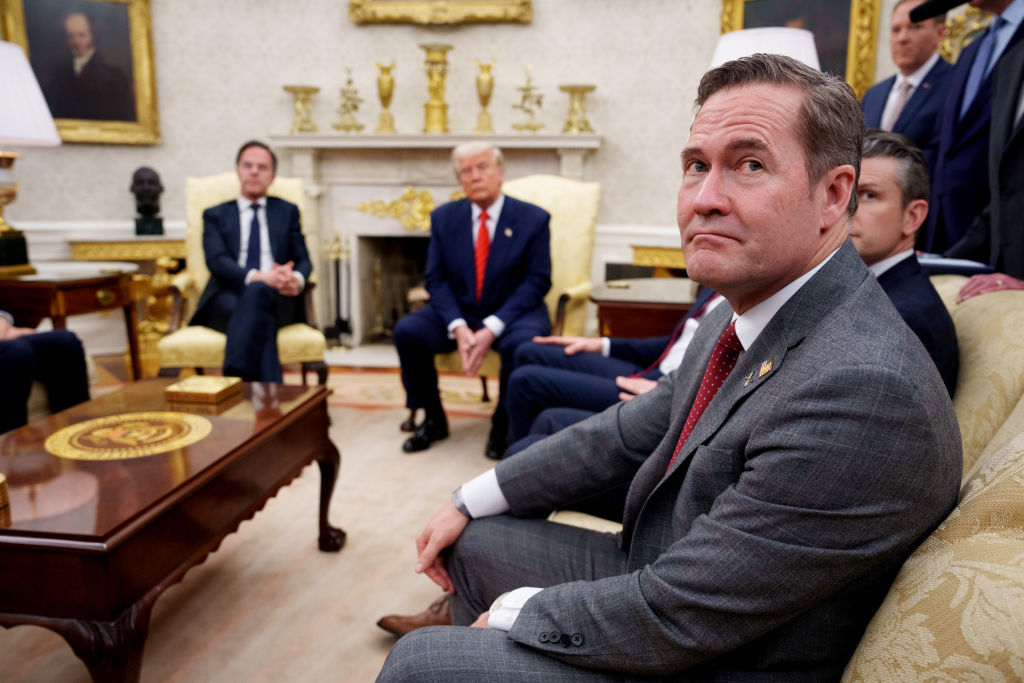







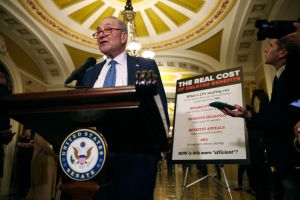
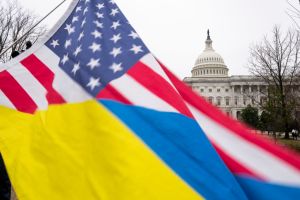
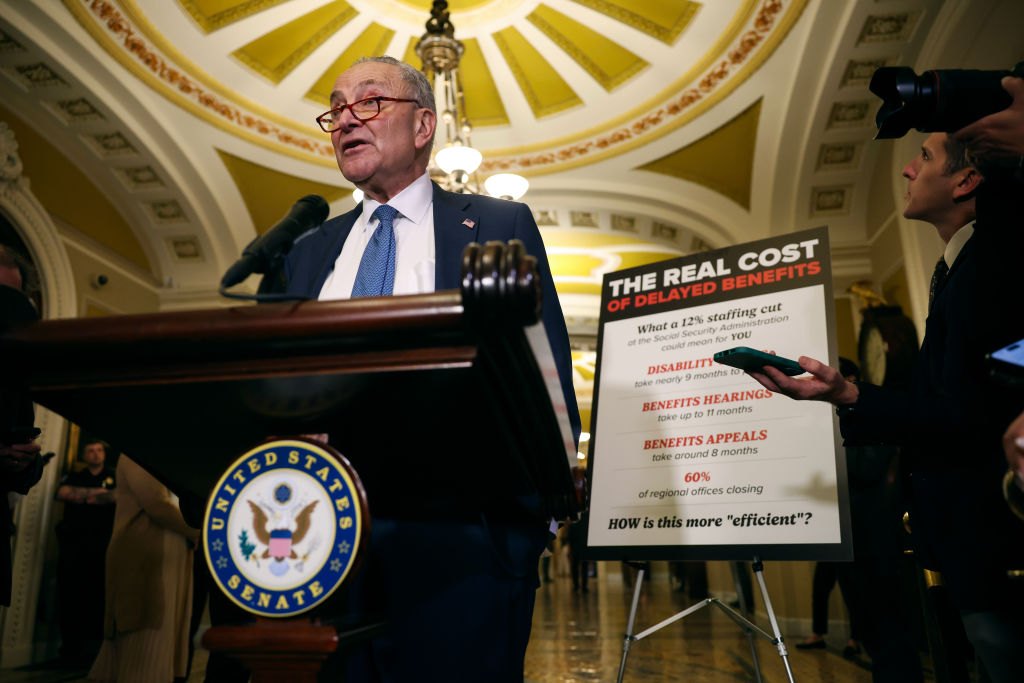
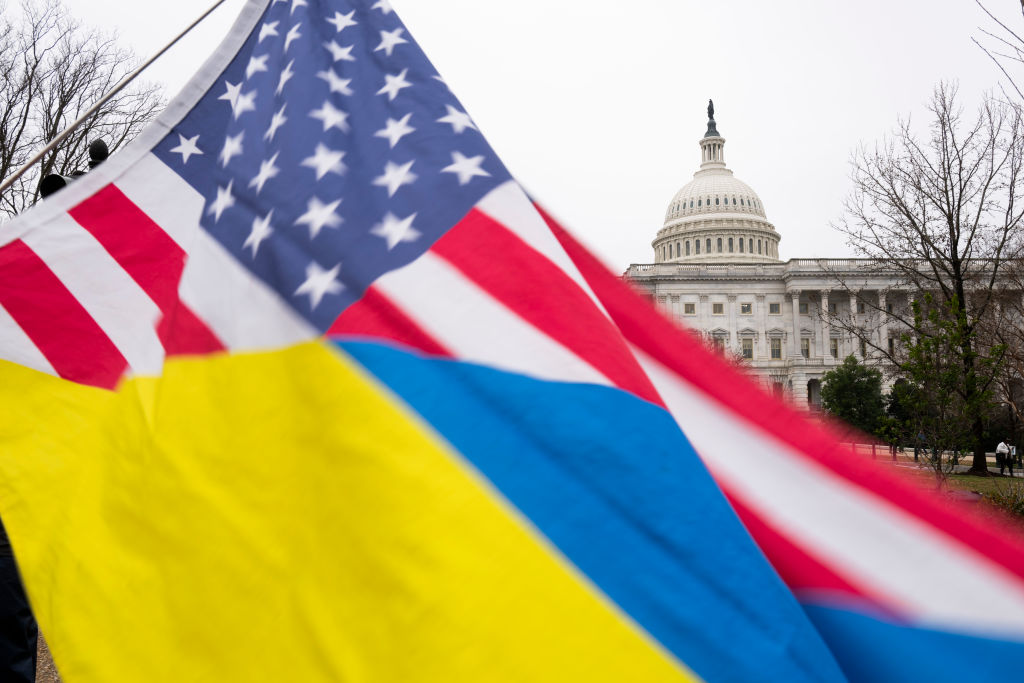
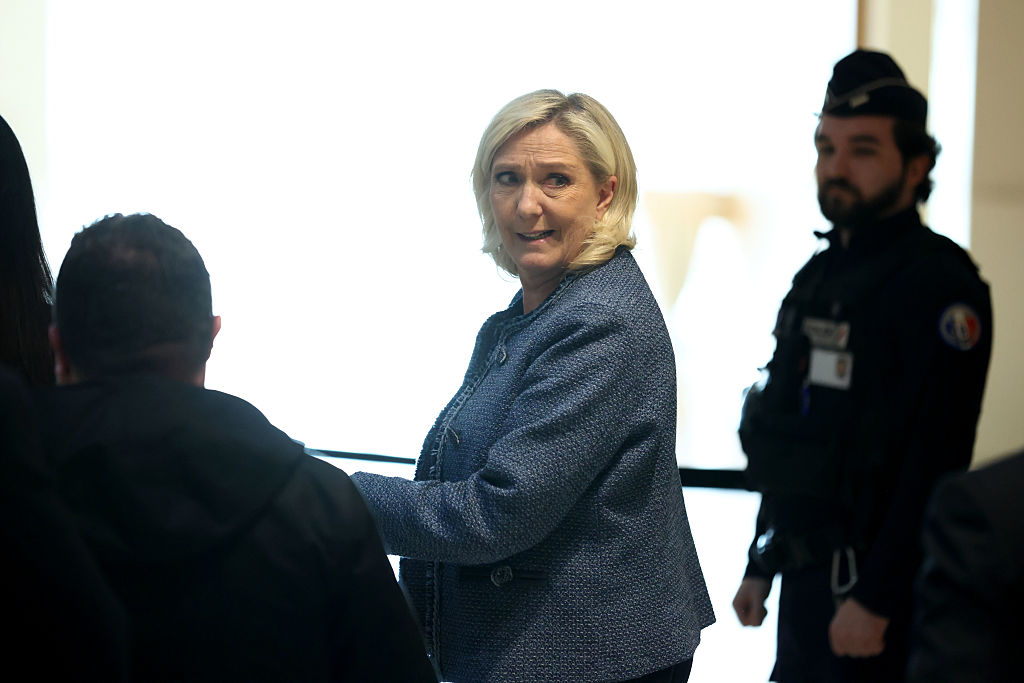
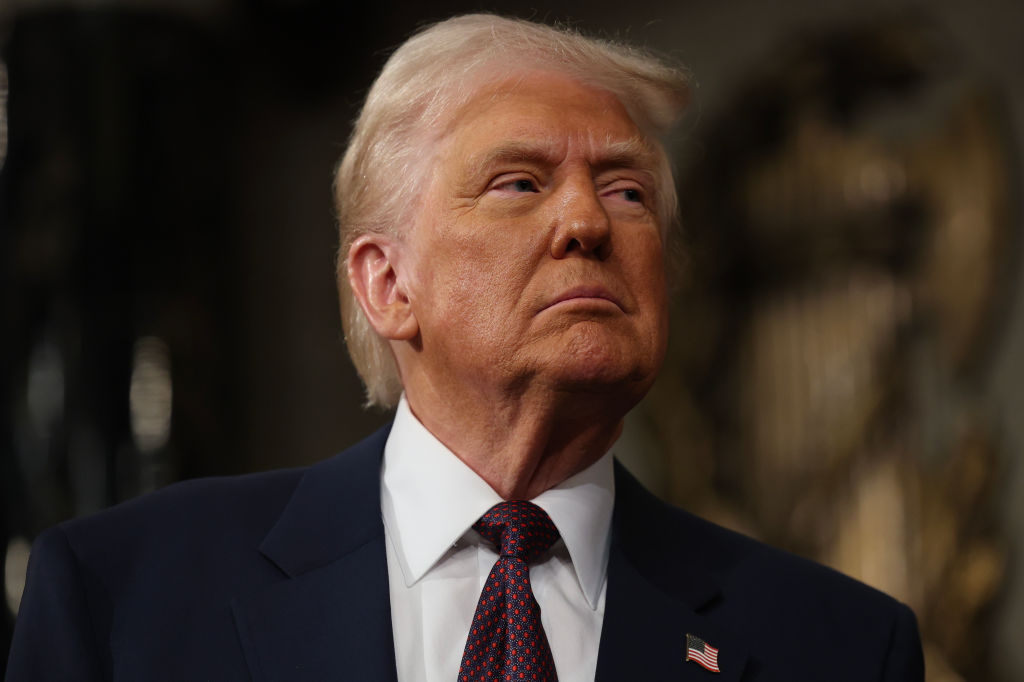
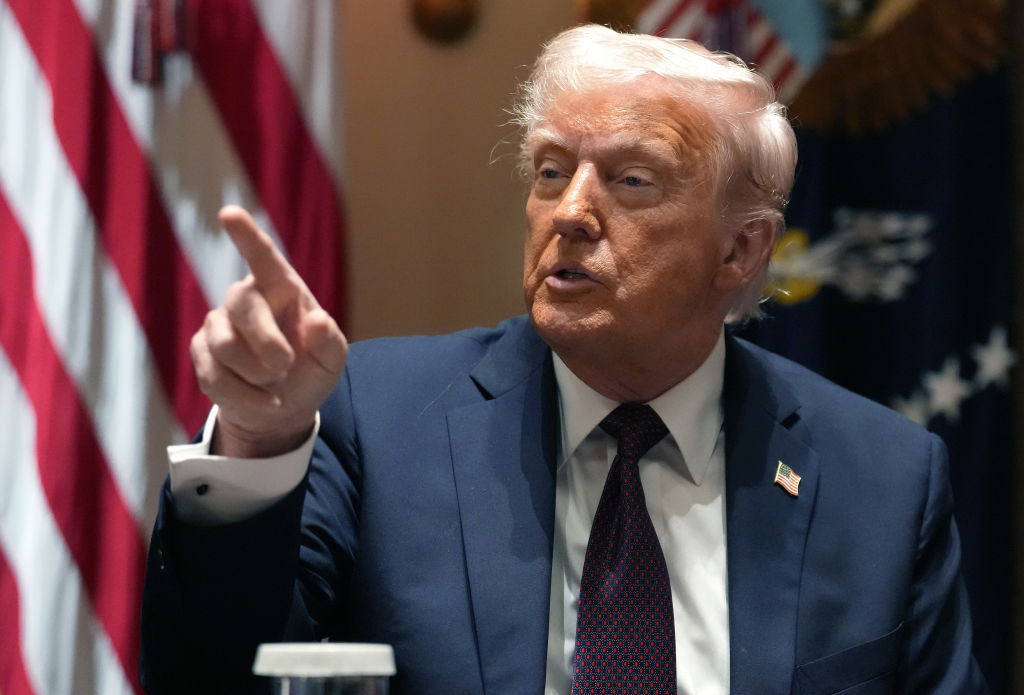








Leave a Reply